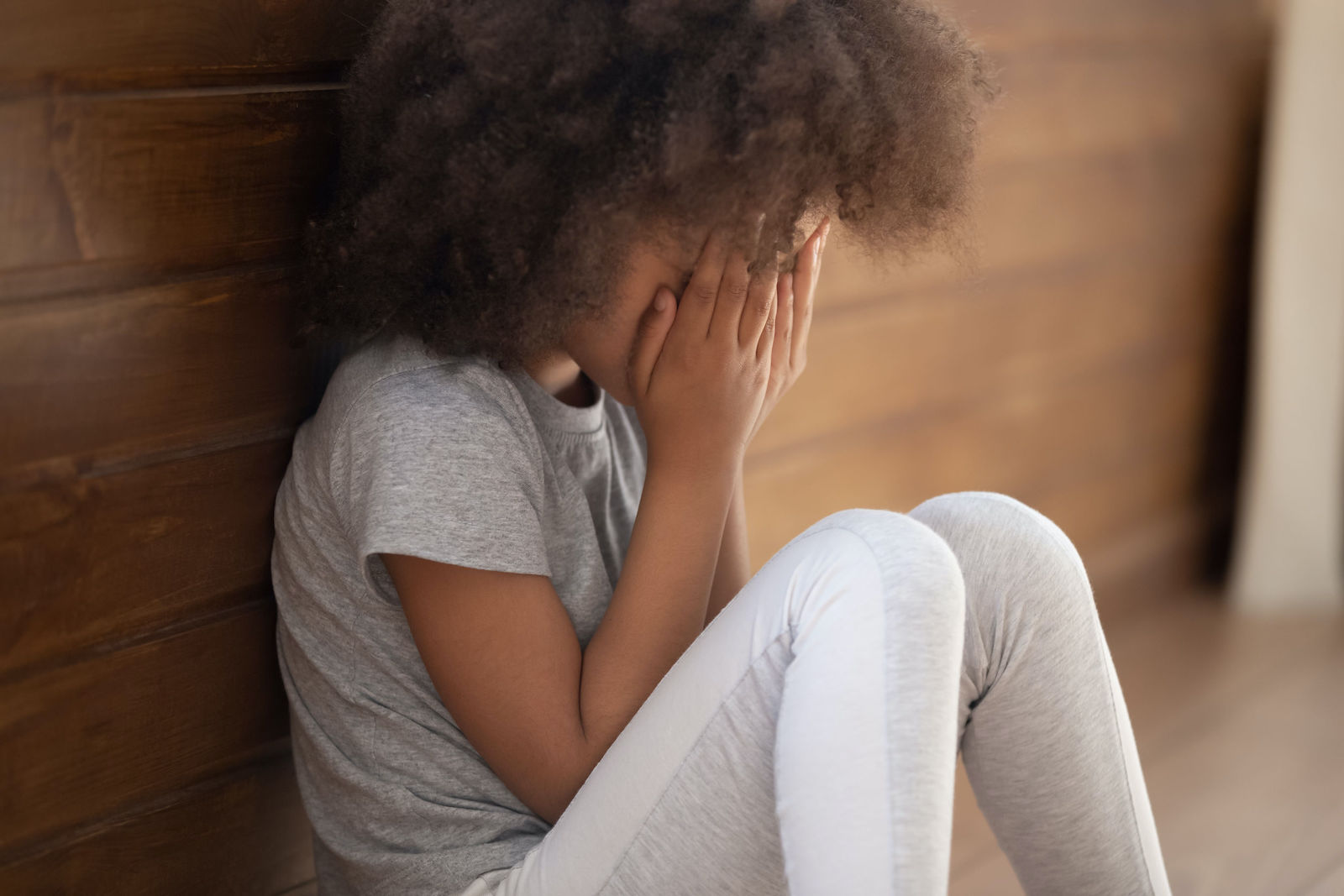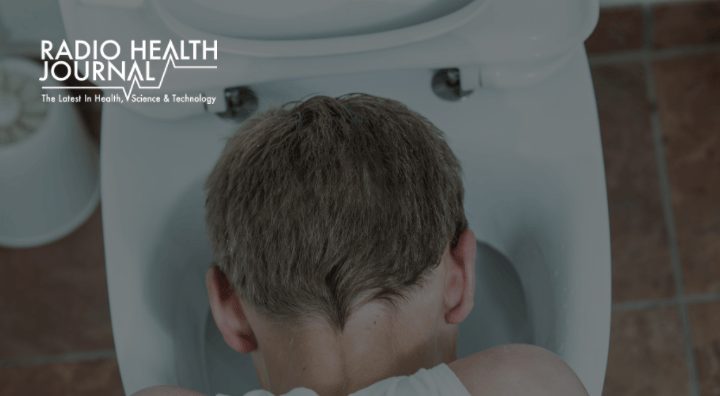Scientists have learned that emotional trauma suffered as a child or adolescent has profound effects on a person’s physical health years later. Children who suffer multiple traumas such as loss of a parent and physical abuse are much more likely to experience cancer, heart disease and autoimmune diseases as adults. A noted science writer explains.
Guest Information:
- Donna Jackson Nakazawa, author, Childhood Disrupted: How Your Biography Becomes Your Biology, and How You Can Heal
Links for more info:
- More About Donna Jackson Nakazawa – donnajacksonnakazawa.com
15-42 Later Effects of Childhood Emotional Trauma
Nancy Benson: It’s rare to go through childhood without any emotional trauma. Kids commonly have to face the death of a grandparent or a move to another town. But many children grow up with far more adversity. Researchers now realize that the emotional wreckage of childhood can have profound consequences. Award winning science journalist Donna Jackson Nakazawa says that’s prompted the development of what’s called the “adverse childhood experiences,” or ACE survey.
Donna Nakazawa: They looked at whether or not an individual had grown up with a caregiver or parent or someone in the household who was depressed or suffered from a mental illness. Whether there was an adult in the household who suffered from alcoholism or an addiction. Whether a parent was lost through divorce or separation or other reasons. Whether a child often experienced being put down or insulted or humiliated in their home or even simple emotional neglect such as feeling that no one thought that they were important or special or that the family didn’t look out for each other. And physical neglect, for instance no one took you to the doctor when you were sick. So they were really extending our understanding of trauma.
Benson: Nakazawa is the author of Childhood Disrupted: How Your Biography Becomes Your Biology, and How You Can Heal. She says once researchers started asking people those questions, they found that emotional trauma before age 18 is a lot more common than they thought.
Nakazawa: Sixty four percent of Americans have experienced at least one of these adverse childhood experiences and 40% had experienced two or more.
Benson: That’s striking enough. It helps explain why there’s so much depression, anxiety and other mental illness linked to childhood trauma. But researchers found much more in a groundbreaking 1998 study. The amount of adverse childhood experiences people had suffered strongly correlated to their physical diseases as adults.
Nakazawa: The higher one’s ACE score, or adverse childhood experiences, the more categories of adverse childhood experiences that one had experienced, could largely predict how much medical care an individual would need as an adult. The statistics are pretty staggering. One’s chances of having cancer or heart disease rise dramatically with an ACE score of four and pretty shockingly for each ace score a woman had her chance of being hospitalized with an autoimmune disease in adulthood rose by 20%. Similar links have been found to pretty much every chronic disease.
Benson: From stomach problems to cancer, the risk of just about every disease was much higher the more abuse, neglect, or abandonment a person had suffered as a child. But nowhere is it worse than with autoimmune diseases where the body’s immune system attacks itself.
Nakazawa: We’re talking about diseases like lupus, rheumatoid arthritis, multiple sclerosis, thyroiditis and about 110 other auto-immune disorders that strike women about nine times more than men.
Benson: So, what’s going on? It all relates to the body’s response to stress. Nakazawa says scientists have found that we can handle ongoing stress if it’s predictable.
Nakazawa: For instance, an animal gets a shot on Tuesdays at one o’clock. Over time that animal adjusts, their brain adjusts to this predictable stressor.
Benson: But stress that’s unpredictable makes the immune system overload.
Nakazawa: If you do things that are kind of less awful than giving a shot once a week and you just leave some water in the cage so that the cage is damp and wet, but you do it unpredictably or you shake the cage or you turn lights on and off at unpredictable times, the brain has to stay on alert. The brain doesn’t know when the next unpredictable discomfort or, in the case of children experiencing these unpredictable stressors at the hand of caregivers, when the next moment where they will not feel safe is coming. That causes changes in the way genes express themselves; the genes that oversee our proper stress response do not function properly for life.
Benson: Then end result of that is simple. A child’s “fight or flight” system is always on red alert.
Nakazawa: A stress system is supposed to turn on when we’re stressed and turn off when a stressor is past. In children who are facing chronic unpredictable toxic stressors that response is turned on all the time; they don’t know when the next stressor is coming. That’s the kind of chronic unpredictable stress that causes the brain to be on high alert all the time, which causes the immune system to pump out high levels of pro-inflammatory hormones and chemicals that begin to do damage to the body. The relationship to autoimmune disease is very acute.
Benson: So, if a child never knows when she’s going to be humiliated again… or when her father will strike her mother again… or when she simply feels abandoned because a parent is absent… the body’s stress chemicals will be constantly ramped up. As Nakazawa has noted…subsequent diseases affect women much more strongly than men.
Nakazawa: When we’re under a great deal of stress for a long period of time, estrogen is high, which creates more antibodies, which also creates more auto-antibodies — those rogue antibodies that begin to attack the body with that friendly fire that we talk about with auto-immune disease. That’s caused by these rogue antibodies. Estrogen is upping our levels of antibodies, giving us a more immune response, but it’s also upping our level of rogue antibodies. As girls begin to go through puberty and develop over the lifespan we see these much higher rates of autoimmune disease.
Benson: However, the same factors that make the brain and body susceptible to stress in the first place mean that the damage of adverse childhood experiences can also be reversed.
Nakazawa: We used to believe that what happened in the brain was fixed and that epigenetic changes in the genes that control stress responses were fixed. But just as we see these changes occurring in the developing brain, these epigenetic changes can be reversed in adulthood. It’s pretty exciting research. We have new research showing that different brain-body approaches are showing shifts in the same genes that underwent these epigenetic shifts in childhood. When adults engage in practices like meditation, we can also see the beginning of research that indicates through therapy and a number of other approaches those epigenetic changes are reversed. We can actually engage in the neural biology of awakening, we can actually begin to turn bad epigenetics into good epigenetics.
Benson: So, while it’s not true that “what doesn’t kill you makes you stronger,” it’s never too late to get back to being the person you’re supposed to be. You can find out more about the book Childhood Disrupted: How Your Biography Becomes Your Biology, and How You Can Heal on the author’s website, donnajacksonnakazawa.com, or through a link on our website, radiohealthjournal.net. Our production directors are Sean Waldron and Nick Hofstra. I’m Nancy Benson.
Sign up to receive email updates
Enter your name and email address below and I’ll send you periodic updates about the podcast.











Leave a Reply